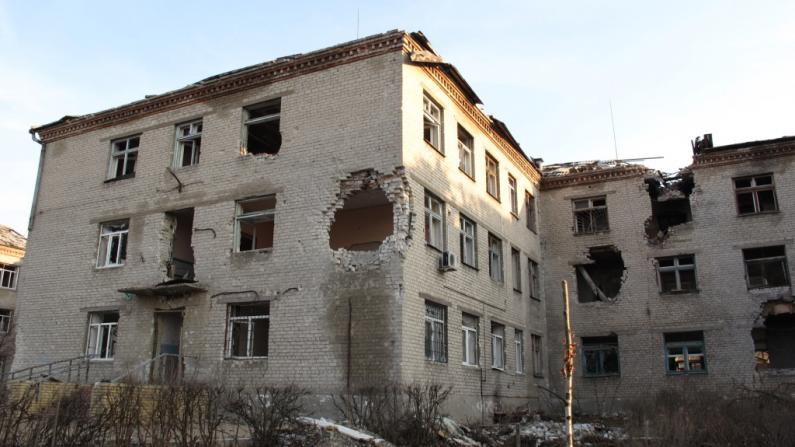
Since 2014 the conflict in Eastern Ukraine has cost over 13,000 lives, including 3,300 civilians. More than three million people have fled from the disputed territories. Most of them, around two million people, have sought refuge in other parts of the country. If the war spreads any further, this would claim thousands of victims more and would affect the civilian population in particular. Any military escalation would cause additional human suffering, and also have negative effects on the environment and climate.
This is why it is now of utmost importance to prevent a new escalation in this war. The on-going violence in Eastern Ukraine has to stop, the conflicts in the region need to be settled peacefully, and in the long-run it is crucial to build a new European system of security and peace.
The German government is able to make a valuable contribution in this regard, and should do all within its power to de-escalate the current situation. forumZFD’s position is that delivering weapons to Ukraine would not help to mitigate the tensions. This form of support would only give the impression of a determined response to the situation. In reality, it would neither make a significant difference in the conflict nor would it contribute to the urgently needed de-escalation.
The German government should focus on finding ways to end the escalation through diplomacy. Already in December a group of foreign policy and security experts has recommended to convene a high-ranking conference within the framework of the Organisation for Security and Co-operation in Europe (OSCE) in order to revive the security architecture in Europe. This would bring all parties involved – from Vancouver to Vladivostok – to the table. The experts suggested that for the duration of the conference all sides should agree upon tangible measures for military de-escalation and reduce sanctions step by step.
It is absolutely essential to initiate such negotiations now and to start building trust on the state level. But even if these measures successfully avert the imminent danger of war, the efforts to build a better understanding between the different sides must not be abandoned afterwards. On the contrary: We have to prepare for a lengthy and difficult peacebuilding process in Europe.
This does not only involve actors on the political level. Civil society, the media, municipalities and local communities, and other multipliers in society should take on responsibility. We can all do more to avoid war in Europe.
One example: Germany fosters and promotes youth and cultural exchanges as well as political dialogue in numerous bilateral activities with countries such as Poland, Ukraine, and Russia. However, these exchanges rarely establish a direct communication between people from all of these countries. For a European peace perspective we need more and diverse formats of dialogue, which bring people from these and other countries to the same table.
The Civil Peace Service could contribute to this goal. We as forumZFD, along with our partners from civil society in Ukraine, already work towards overcoming the deep divisions caused by the military confrontation. The current crisis shows us how much we need for example a Civil Peace Service in (all of!) Europe, which builds trust, creates room for substantial dialogue, and deconstructs prefabricated conceptions of enmities between societies.
Peace needs you
Thank you for your support!